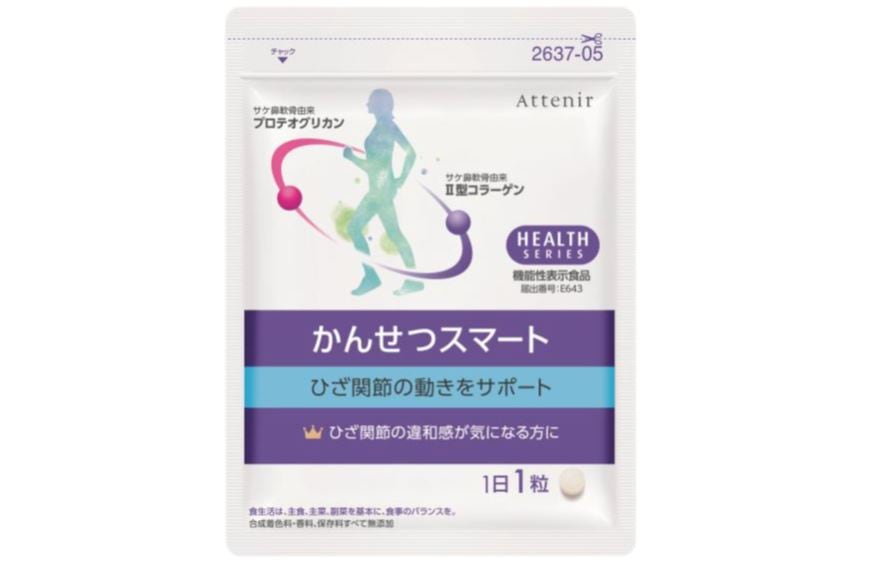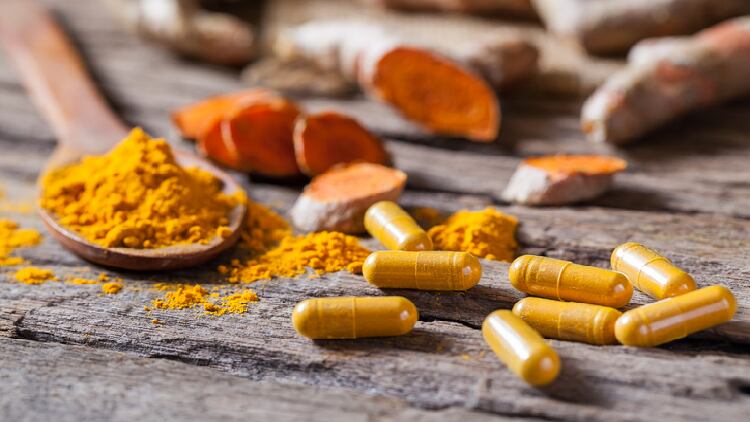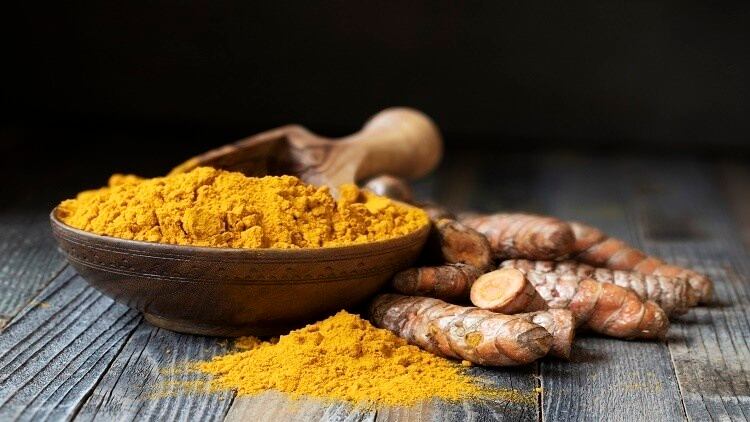Researchers in Japan gave subjects a test food containing a labdane-type diterpene compound (LTDT) for eight weeks to assess this effect. LTDT was obtained from the extract of the Japanese white turmeric.
The Japanese white turmeric leaf is a rich source of labdane, containing 85% to 90% labdane 8 (17), 12-diene-15, 16-dial. In normal turmeric, curcumin is the main component.
Published in the Glycative Stress Research journal, this is the first human study of labdane on its joint health benefits. Labdane previously demonstrated in an in vitro study its ability to inhibit the enzyme that causes the degradation of hyaluronic acid (HA), which is responsible for lubricating joints.
Knee discomfort is a normal ageing process and while not formally diagnosed, it can affect walking and daily activities, reducing quality of life. It is estimated that about 25 million people in Japan over 40 years have some problems with their knee joints. So much so, that its Food with Function Claim (FFC) system created a category for foods and supplements that contain ingredients claiming to reduce knee discomfort.
Methodology
The study was initially planned as a randomised, double-blind, parallel-group comparison study, however, was changed to an one-arm open-label test.
Researchers explained that participants had voiced a strong desire to receive the Labdane containing food in order to see if their knee discomfort could be ameliorated. “In consideration of the fact that knee cartilage does not improve, but rather continues to deteriorate, the study methodology was modified,” they wrote.
In this study, 54 participants aged 48 to 88 years were recruited.
They were given a test food containing LTDT (0.0325mg/capsule) and tasked to consume two capsules daily (0.065mg LTDT) for eight weeks.
The visual analog scale (VAS) was used to measured knee discomfort at baseline, week four and eight. VAS uses a 10 cm line segment which acts as a scale to rate symptoms such as pain which are subjectively.
Pain relief
It was found that knee discomfort was significantly reduced at week four and eight, according to the VAS scores.
Average VAS scores decreased from 4.7 at baseline to 3.4 at week four (p<0.001) to 2.6 at week eight (p<0.001).
There were no side effects observed by any of the participants during the eight weeks intervention.
The study results indicated that the ingestion of 0.065mg LTDT daily could alleviate knee joint discomfort, mostly through its inhibition of HA degradation. In addition, LTDT may also have some form of effect on relaxing the vascular smooth muscle which help reduce the pain.
LTDTs such as sclareol and andrographolide have been previously reported for its effect on osteoarthritis and rheumatoid arthritis.
Researchers said their findings could create new opportunities for food and supplement manufacturers to incorporate labdane into products for its joint pain relief function.
They pointed out that most discomfort relief products contained chondroitin, HA, collagen or docosahexaenoic acid (DHA) and eicosapentaenoic acid (EPA). “However, low molecular weight compounds like labdane are entirely new.”
As this was a small study, researchers advised to verify the mechanism of labdane on knee discomfort, through a larger randomised parallel group design.
Source: Glycative Stress Research
doi:10.24659/gsr.7.2_169
“The effects and safety of food containing a labdane type diterpenoid (labdane) on knee joint problems of healthy adults: An uncontrolled open-label trial.”
Authors: Arata Paul Yamasaki, et al.




